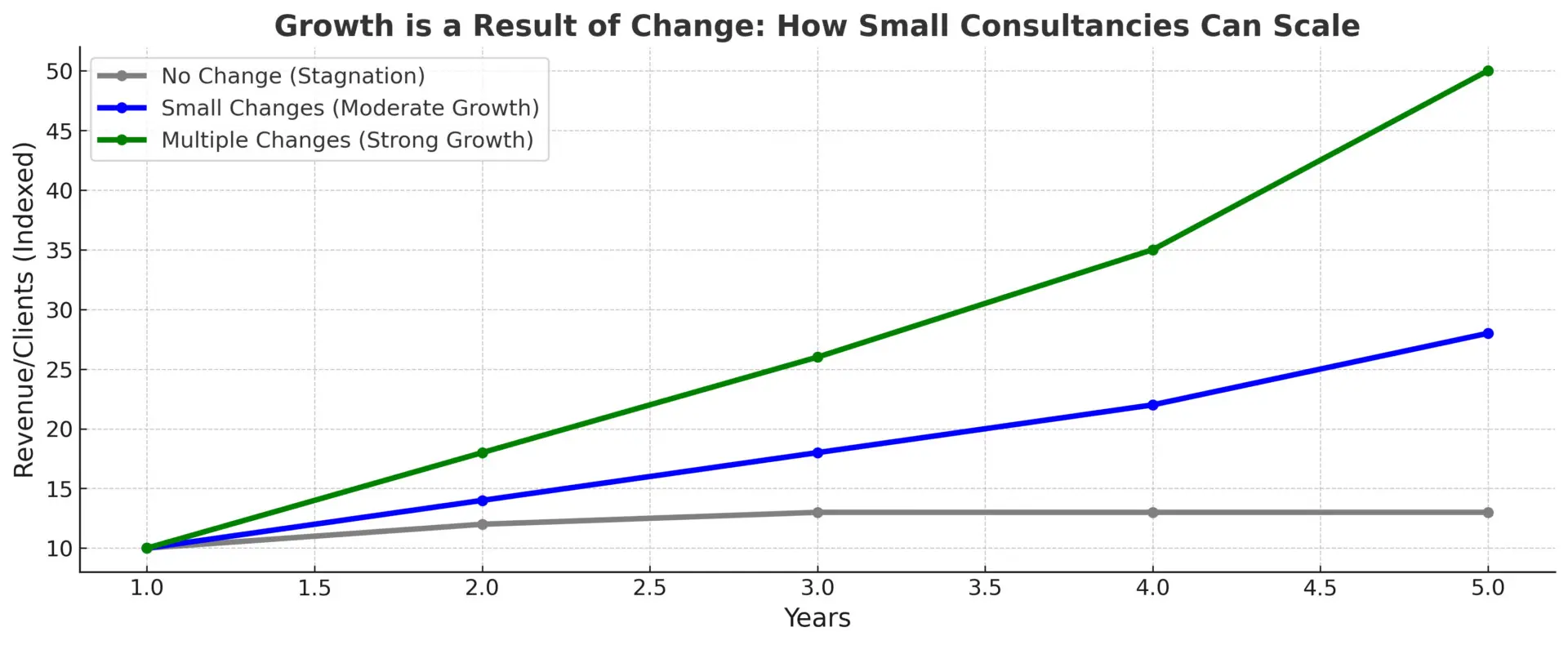
Skepticism, as a philosophical school, promotes the ongoing questioning of what we know and how we know it. It challenges the belief that we can have absolute certainty or final knowledge, encouraging openness to new perspectives and embracing uncertainty. This mindset can be highly valuable for leaders, who frequently operate in complex and uncertain environments. Here are several key reasons why understanding philosophical Skepticism is crucial for leaders:
Leaders often face situations characterized by uncertainty, complexity, and rapid change. Skepticism teaches us to be critical of absolute truths and overconfidence, which can lead to more thoughtful and well-rounded decisions. Instead of making decisions based on incomplete or rushed assumptions, a leader who understands Skepticism will consider multiple possibilities and take the lack of certainty into account.
This strengthens their ability to make informed decisions without being paralyzed by doubt, promoting a balance between action and reflection.
Skepticism encourages the critical examination of ideas and information, which is essential for leaders seeking to avoid “groupthink” — a situation in which a group makes poor decisions because its members are reluctant to express dissenting opinions or criticisms. By understanding Skepticism, leaders are better equipped to foster a culture where questioning established norms and assumptions is welcomed. This can lead to more innovative solutions and a deeper understanding of challenges.
In a dynamic business environment, leaders must be flexible and open to change. Skepticism teaches that what is “true” or “right” today may not be tomorrow. A skeptical approach encourages leaders to remain humble about their knowledge and continuously assess new facts and data. This makes them more adaptable to changing circumstances and less likely to cling to outdated strategies or mindsets.
Skepticism can also play a crucial role in ethical leadership. Skeptics emphasize the need to question moral assumptions and values, which can help leaders make more responsible and thoughtful decisions. By questioning established moral norms, leaders can avoid blindly accepting ethical standards without considering their real-world consequences or fairness.
For instance, a leader practicing skeptical reflection might scrutinize how decisions affect not only shareholders but also employees, society, and the environment, leading to more sustainable and responsible choices.
Leaders often face cognitive biases that can influence their judgment and decision-making. Skepticism teaches that human thinking is limited and frequently shaped by emotions, biases, and subjective perceptions. By understanding Skepticism, leaders can better recognize these biases, both in themselves and others, helping to avoid faulty reasoning and poor judgment.
This enhances a leader’s ability to distinguish between what they want to be true and what is actually supported by evidence.
Skepticism fosters curiosity and a willingness to explore the unknown. By recognizing that we can never have complete knowledge, Skepticism encourages leaders to be open to learning and continuous development. This can drive innovation, as leaders will be more willing to challenge the status quo and explore new possibilities. Rather than accepting conventional wisdom uncritically, a skeptical leader promotes an environment that values exploration and experimentation.
Philosophical Skepticism provides leaders with valuable tools for navigating uncertainty, fostering critical thinking, and acting ethically. By recognizing that complete certainty is unattainable, leaders are better equipped to handle complex situations, encourage open discussion, and adjust their course as necessary. Skepticism gives them the necessary humility and adaptability to be more effective and responsible in their leadership.


